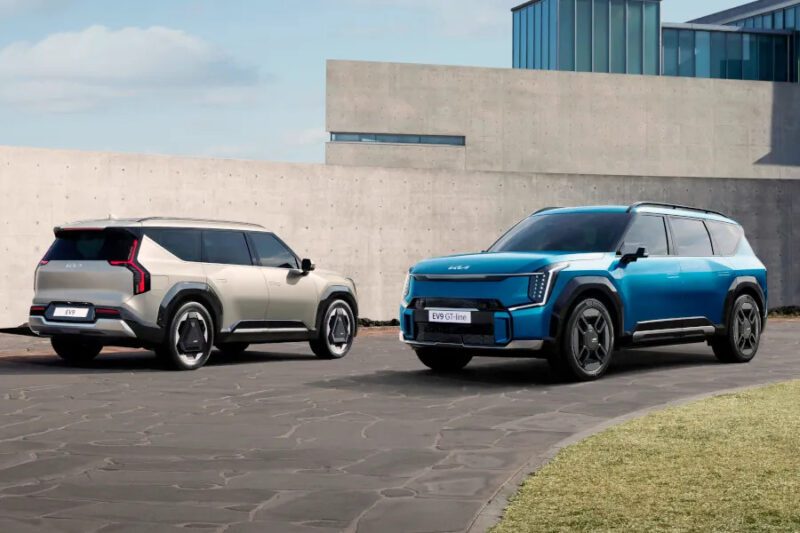South Korean automaker Kia is reportedly preparing to introduce an entry-level electricity city car for less than €25,000 by the end of the decade as part of its next wave of electric vehicles (EVs).
Speaking to UK automotive magazine Autocar, Kia president and CEO Ho Sung Song said that an entry-level electric city car was currently “homework” and that a sub-€25,000 model – which would equate to a sub-$A45,000 price in Australia – was “one area we are studying and developing”.
Currently, Kia already has the EV3, EV6, and EV9, the EV4 and EV5 are set to join the ranks by year’s end, and the EV2 will follow in 2026.
The new small EV would be part of the next wave of Kia’s EVs set to launch by the end of this decade and sit under the EV2 in terms of price and size.
Autocar imagines this electric city car would likely replace the recently updated Picanto city car but doesn’t rule out the possibility Kia may end up selling the two alongside one another.
Song also told Autocar that replacements for the EV6 and EV9 could be expected and would represent a step-change for the carmaker as it transitions to software-defined vehicles (SDVs).
Kia is also reportedly continuing to invest in a range of powertrain technologies, keeping its options open to meet demand. These technologies, according to Song, are expected to be less necessary in Europe thanks to the region’s “strong trend” towards EVs, but said that Kia would remain flexible in its approach.
“The final destination in Europe is EVs, which is why I want to be a very strong EV player in Europe,” Song told Autocar.
“But if we look at worldwide demand we should have alternative powertrains, like hybrids, plug-in [hybrids] and EREVs [extended-range electric vehicles, aka RExs].”
According to Song, range-extender technology was of particular interest for larger and heavier vehicles to which he believed pure EV technology was less well suited. Specifically, Song told Autocar that the first REx Kia is expected to be launched by the end of the decade.
Song also suggested that internal combustion engine (ICE) vehicles would continue to be important for emerging markets like North Africa where “they don’t have the infrastructure” for electrification. As such, Song did not put an end date on Kia’s development of ICE technology.
Joshua S. Hill is a Melbourne-based journalist who has been writing about climate change, clean technology, and electric vehicles for over 15 years. He has been reporting on electric vehicles and clean technologies for Renew Economy and The Driven since 2012. His preferred mode of transport is his feet.

